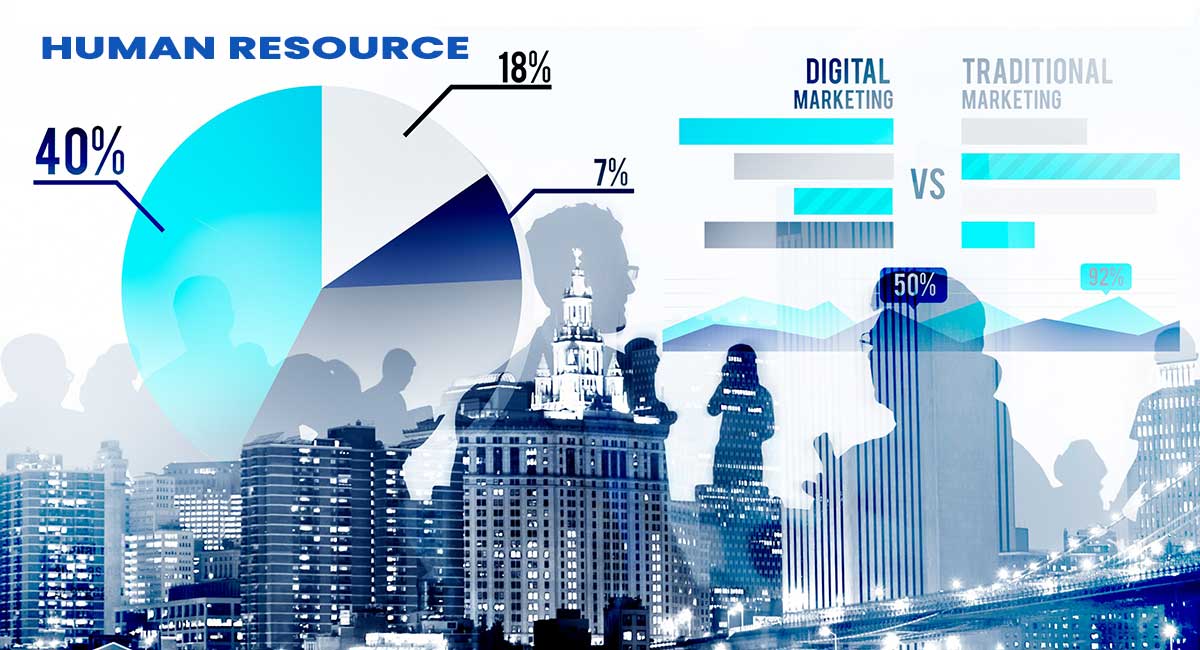In the rapidly evolving landscape of human resources management, staying ahead of the curve is essential for organizations striving for success. One indispensable tool in this endeavor is the Human Resource Information System (HRIS), a technological marvel that has revolutionized HR operations and employee management. In this article, we will explore the significance of HRIS in today’s corporate world and highlight the prowess of HRBS, a leading company providing exemplary HRIS services.
The HRIS Revolution:
In the past, managing HR functions involved mountains of paperwork, complex spreadsheets, and countless hours spent on administrative tasks. Enter the HRIS, a comprehensive software solution designed to streamline HR operations and enhance organizational efficiency. HRIS automates and centralizes various HR processes, including payroll management, employee recordkeeping, benefits administration, recruitment, and performance evaluations.
Benefits of HRIS:
- Efficiency: HRIS reduces the burden of manual data entry and recordkeeping, allowing HR professionals to focus on strategic initiatives rather than administrative tasks. This efficiency translates into time and cost savings for the organization.
- Accuracy: Automation minimizes the risk of human errors in data management, resulting in more accurate and reliable HR data. This is particularly crucial for payroll processing and compliance with labor laws and regulations.
- Data Accessibility: With HRIS, authorized personnel can access HR information from anywhere with an internet connection. This accessibility facilitates remote work arrangements and ensures data availability 24/7.
- Data Analytics: HRIS provides powerful data analytics tools, enabling HR teams to make data-driven decisions. Analytics can uncover insights into employee performance, turnover rates, and workforce demographics, which can inform strategic planning.
- Compliance: HRIS helps organizations maintain compliance with labor laws and regulations by automating reporting and ensuring accurate recordkeeping.
HRBS: A Leading HRIS Provider:
In the world of HRIS, one company stands out as a leader in delivering top-notch services: HRBS. With a track record of excellence and innovation, HRBS has consistently provided organizations with cutting-edge HRIS solutions that cater to their unique needs.
Key Features of HRBS HRIS:
- Customization: HRBS understands that each organization is unique, and their HR needs may vary. Their HRIS is highly customizable, allowing organizations to tailor the system to their specific requirements.
- User-Friendly Interface: HRBS’s HRIS is designed with usability in mind. The intuitive interface makes it easy for HR professionals to navigate and use the system effectively.
- Scalability: As organizations grow, their HR needs evolve. HRBS’s HRIS is scalable, ensuring that it can adapt to an organization’s changing requirements, whether it’s adding new features or accommodating a larger workforce.
- Security: Protecting sensitive HR data is paramount. HRBS employs state-of-the-art security measures to safeguard HR information, including encryption, access controls, and regular security audits.
- Integration: HRBS’s HRIS seamlessly integrates with other software systems commonly used in organizations, such as accounting software, time and attendance systems, and performance management tools.
Real-World Benefits of HRBS HRIS:
- Enhanced Productivity: Organizations that have adopted HRBS’s HRIS have reported significant increases in productivity among their HR teams. With streamlined processes and automated tasks, HR professionals can focus on more strategic HR initiatives.
- Cost Savings: The efficiency and accuracy of HRBS’s HRIS translate into cost savings for organizations. Reduced administrative overhead and the elimination of manual errors can lead to substantial financial benefits.
- Improved Decision-Making: HRBS’s HRIS provides organizations with valuable insights through robust analytics. This data-driven approach empowers HR teams to make informed decisions regarding talent acquisition, employee engagement, and performance management.
- Employee Satisfaction: Employees benefit from HRBS’s HRIS as well. Self-service portals allow employees to access their own HR information, such as pay stubs and benefits enrollment, reducing the need for HR intervention and increasing employee satisfaction.
- Compliance Assurance: In an era of ever-changing labor laws and regulations, compliance is a top priority. HRBS’s HRIS keeps organizations up-to-date and ensures they remain compliant with legal requirements.
The Future of HRIS:
As technology continues to advance, HRIS is poised to become even more integral to HR operations. Artificial intelligence and machine learning will likely play a more significant role in talent acquisition and predictive analytics, while mobile accessibility and remote work support will become even more crucial.
Conclusion:
In today’s fast-paced business world, organizations cannot afford to overlook the advantages of HRIS. The adoption of HRIS systems, such as those provided by HRBS which is a leading recruitment agency, can unlock efficiency, improve accuracy, and empower HR professionals to contribute more strategically to their organizations. As the HR landscape continues to evolve, HRIS will remain a vital tool for businesses striving to stay competitive and agile.
HRBS, with its commitment to innovation and customer-centric approach, is a shining example of how HRIS can transform HR management. By partnering with HRBS, organizations can harness the full potential of HRIS and pave the way for a more efficient, productive, and successful future.



